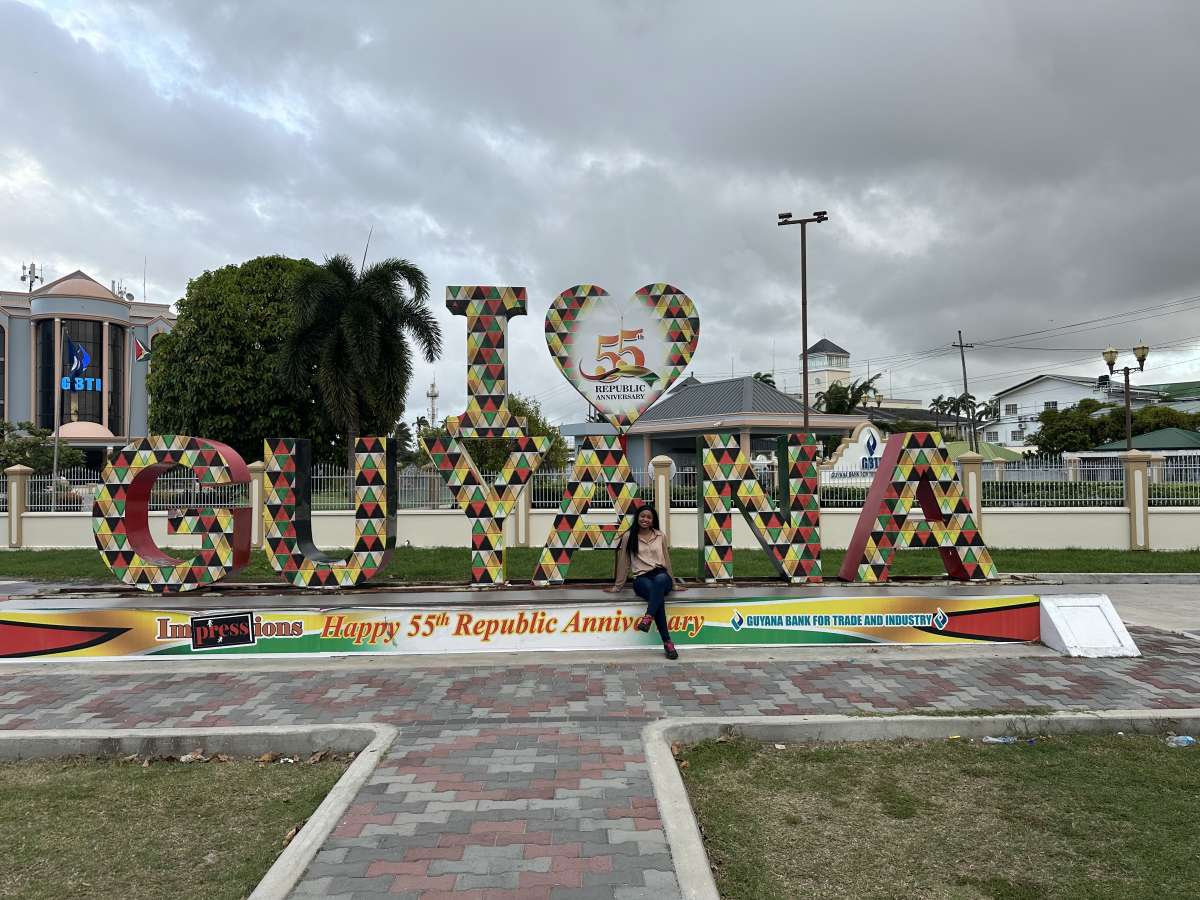The Global Health Psychiatry Rotation in Guyana aims to provide a transformative experience for psychiatry residents seeking to immerse themselves in a culturally distinct and socioeconomically disadvantaged healthcare setting.
Objectives:
Cultural Acclimatization: Facilitate the adaptation to Guyanese culture, customs, and healthcare practices through structured orientation sessions and immersive experiences. This will facilitate the understanding of Guyanese customs, beliefs, and societal factors influencing mental health.
Clinical Experience: Provide hands-on clinical experience exposing participants to a wide range of psychiatric conditions prevalent in the region. Participants will engage in diagnosis, treatment planning, and therapy under supervision, focusing on prevalent mental health conditions in Guyana.
Structure:
Orientation: Participants will undergo a comprehensive orientation to Guyanese culture, safety protocols, and basic language skills (English and local dialect). Additionally, it will cover cultural sensitivity, local healthcare systems, and mental health challenges prevalent in Guyana.
Clinical Rotations: Participants will rotate through clinical site(s) with the purpose of treating various psychiatric conditions while considering each patient's biopsychosocial factors contributing to their presentation.
Education: Regular teaching sessions will be conducted by local experts and visiting faculty, covering topics related to psychiatric management in resource-limited settings, including cross-cultural psychiatry, trauma-informed care, and psychopharmacology.
The Global Health Psychiatry Rotation in Guyana equips participants with essential skills and perspectives to address mental health disparities in diverse global contexts. By fostering collaboration, this rotation aims to empower psychiatrists as leaders in advancing mental health equity and improving patient outcomes worldwide.
Located on the northern coast of South America, Guyana offers a unique culture and medical challenges, making it an ideal location for learning about global mental health disparities and innovative approaches to care. Rotating in Guyana would provide a transformative experience for psychiatry residents seeking to immerse themselves in a culturally distinct and socioeconomically disadvantaged healthcare setting.
The Global Health Psychiatry Rotation in Guyana aims to achieve a lasting impact by addressing critical mental health challenges and enhancing local capacities through sustained engagement. By implementing a series of 4-week rotations, the program can maximize its benefit in several ways:
Building Local Capacity: Continuous rotations allow for ongoing training and skill development among local psychiatrists and mental health professionals. This contributes to a sustainable improvement in the quality and availability of psychiatric care throughout Guyana. Participants bring expertise in evidence-based practices, thereby enhancing local treatment protocols and therapeutic interventions.
Strengthening Healthcare Systems: By integrating with local hospitals, clinics, and/or community health centers, the rotation program fosters collaboration and knowledge exchange. It also supports the development of culturally relevant approaches to mental health treatment.
Community Engagement and Advocacy: Through regular rotations, the program can establish trust and rapport within local communities.
Long-term Partnership and Sustainability: Establishing a continual or nearly continual presence through rotations fosters long-term partnerships between international participants and local stakeholders.
Global Health Diplomacy: The rotation program enhances Guyana's profile in global health circles, attracting resources, funding, and expertise from international organizations and donors. This elevates the status of mental health within the national healthcare agenda.
By implementing a series of 4-week rotations, the Global Health Psychiatry Rotation in Guyana can achieve a substantial and sustainable impact. This approach not only enhances local capacities and healthcare systems but also promotes community well-being, and global health diplomacy, ultimately paving the way for improved mental health outcomes and long-term benefits for the host country.






During my month-long clinical rotation in Guyana, I had the privilege of working at Georgetown Public Hospital, where I cared for children and adolescents navigating a wide range of psychiatric challenges. This experience deeply affirmed my commitment to child and adolescent psychiatry and further shaped my vision of the kind of clinician I strive to become. Throughout the rotation, I approached each case with curiosity and humility. I was eager to learn from the cultural and systemic differences in mental health care delivery and to thoughtfully integrate that understanding into my clinical approach. I found myself drawn to the stories and strengths of the young patients I met, many of whom were navigating complex developmental, emotional, and environmental challenges. Whether I was conducting intake assessments in the outpatient clinic, helping facilitate DBT-informed sessions on the inpatient ward, or supporting families in crisis, I focused on meeting each child with compassion, patience, and cultural sensitivity. One of the most meaningful aspects of the rotation was the opportunity to connect with caregivers of children with autism spectrum disorder. These conversations sparked important questions for me about how neurodevelopmental disorders are understood and addressed in resource-limited settings. That curiosity led me to develop a research study exploring caregiver perceptions of autism in Guyana, including how they understand its causes, what challenges they face in accessing care, and what types of support would be most meaningful to them. I designed this project with the intention of elevating caregiver voices and contributing to culturally grounded, community-informed approaches to autism care. This work continues today and has shaped both my clinical perspective and my commitment to equity in global mental health. During the rotation, I also had the chance to engage with local medical students. I found great joy in teaching and collaborative learning, particularly when I helped facilitate a session on psychiatric interviewing that brought together students from both Guyana and the United States. I aimed to create a space where learners felt comfortable asking questions and sharing their perspectives, and I appreciated how much I also learned from them in return. Reflecting on this experience, I am grateful not only for the clinical exposure but for the ways it helped me grow as a clinician, researcher, and advocate. It reinforced my dedication to providing developmentally attuned, culturally responsive care and reminded me of the power of listening with openness, respect, and intention. My time in Guyana was one of the most formative parts of my training, and it continues to shape how I show up for young people and their families, both locally and globally.